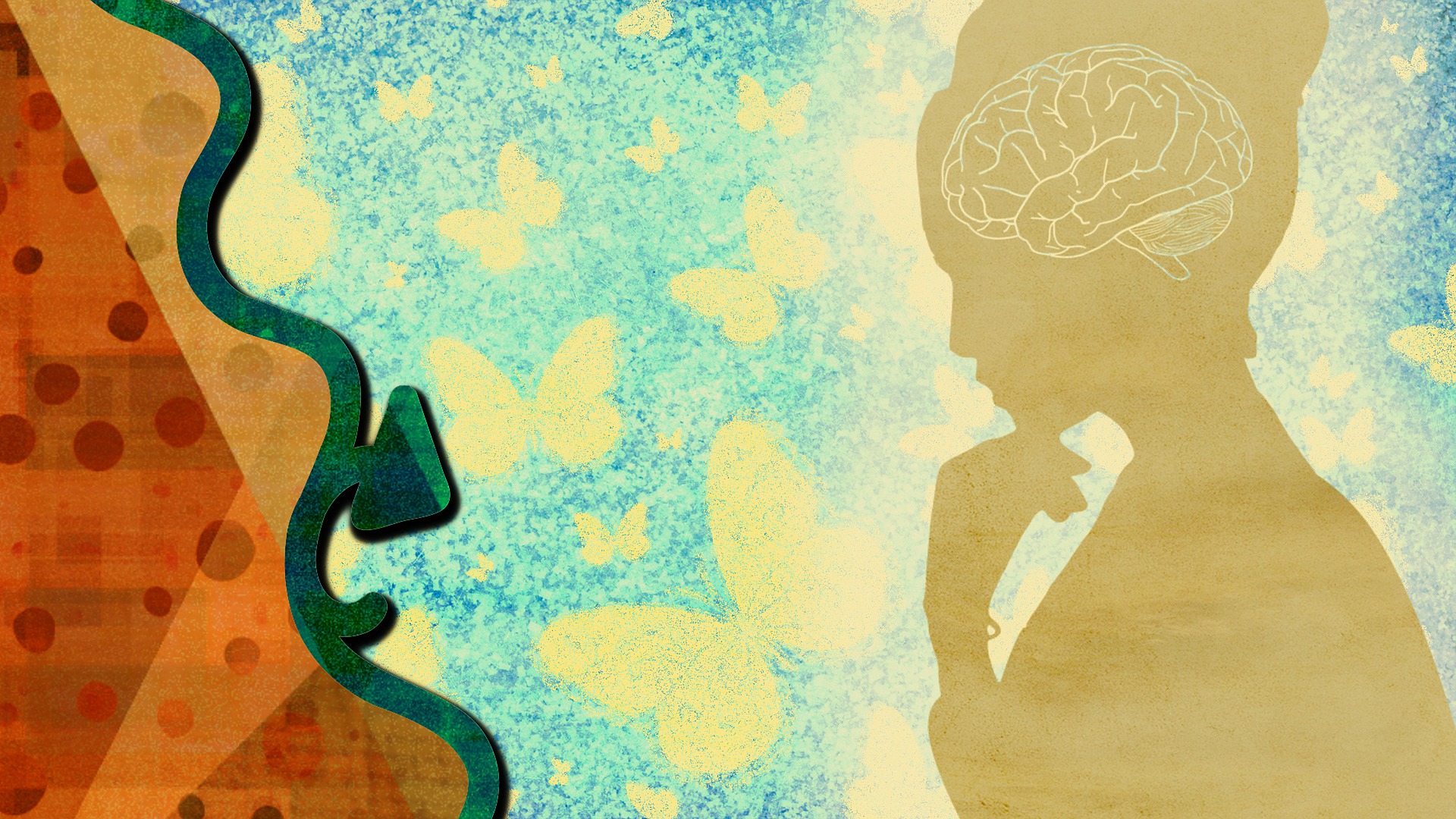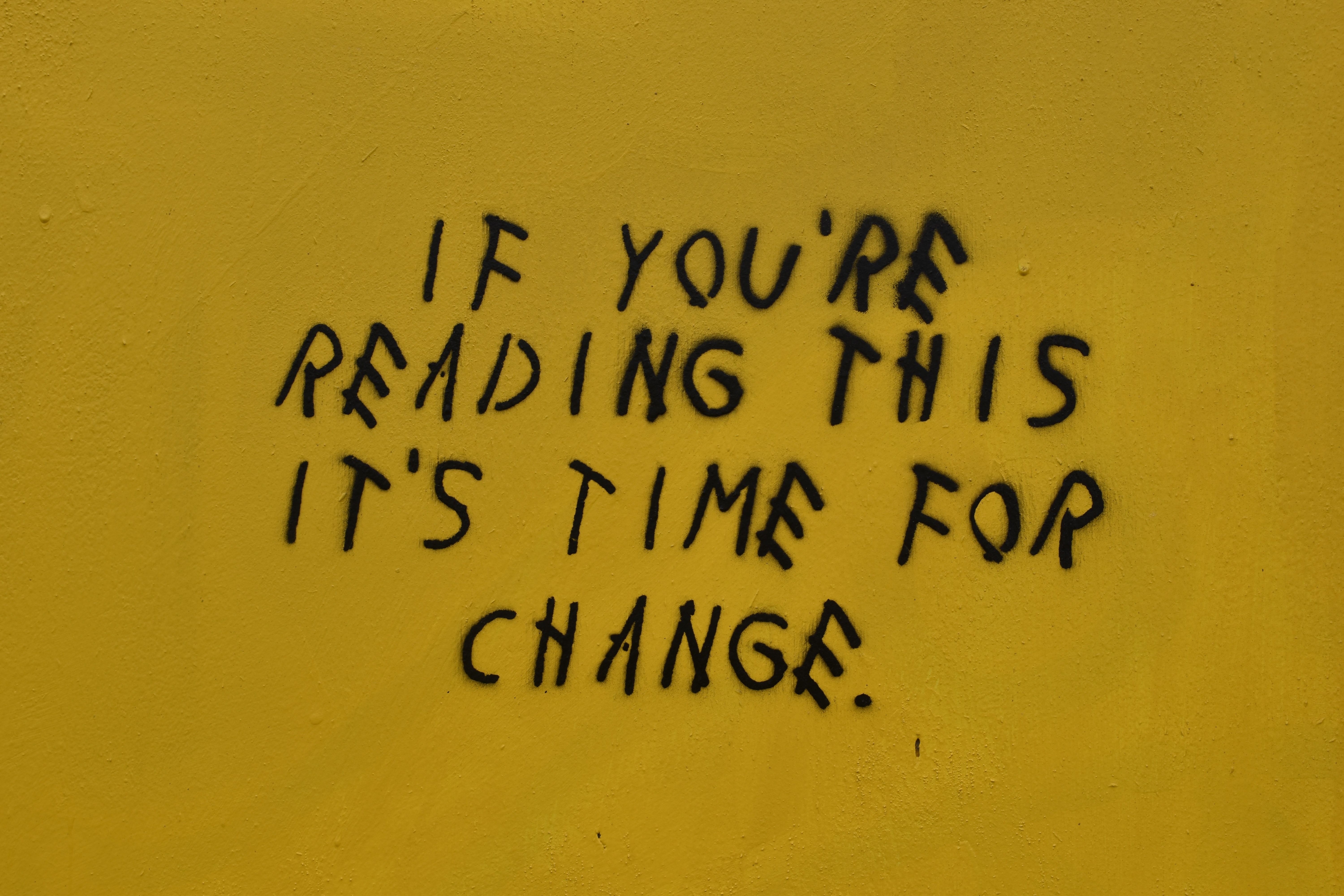

The role of Global Citizenship Education in transforming your mind, and society
by Annika Tremmel on the 01/09/2022
People nowadays are overwhelmed when it comes to the numerous crises that we as humanity are facing all at once. In this globalized and fast-paced world, we hear about all the emergencies and catastrophes around the globe as well as the dangers of an ever-accelerating climate change that does no less than threaten humanity as a whole. We are confronted with this huge wave of disastrous information from the media outlets rolling towards us and we don’t have any plan at hand on how to respond adequately.
Different reactions to this complex situation of global multi-crisis and the oversaturation of information can be observed when it comes to the people from the Global North: One reaction is that we tend to feel powerless and the mere thought of changing society for good seems unrealistic to many. We are in what feels like a state of shock-induced paralysis. Especially younger people resort to what Lamb et al. call ‘doomism’, stating that we should simply accept our fate because the measures taken so far are not sufficient or the results will come too late . The level of frustration when it comes to politicians who don’t seem to care about their future and demands is extremely high, hence the younger generation becomes more and more indifferent and disengaged from political action.
Many people are asking “Is there anything I can do?!” This question is crucial – because it implies a desire for change and to take action, unfortunately, however individuals often feel as though it’s too big of a task to tackle on their own.
----

In my Masters of Transformation, we learn about the state of current social and environmental crises and the transformation of society on a very deep level. We discuss where these issues are coming from – looking for the root causes, namely: colonialism, racism, sexism and the neo-liberal and capitalist system we all live in. It is crucial to understand that those issues are deeply anchored in what the German social psychologist and journalist Harald Welzer calls ‘mental infrastructures’ of the western societies we grow up in . These rigid psychological structures make it really hard to adapt new ways of thinking and acting.
We also look at what alternatives could look like, exploring different variants of the future: Various ways of living are possible, the degrowth movement is growing and local niches are becoming “melting pots” of alternative thinking and behaviour that are serving as model regions and projects for another way of living and working together.
Another important insight from our studies is that if we want to still be able to transform this world by design and not by disaster, this needs to be done on all levels of society: The judicial and the political sphere, the social and the economic systems, etc.
But then, one central question comes up again and again: How do we transfer the knowledge that we acquired in two years of extensive studies to the general public? Even though in my study programme we have a course about Education for Sustainable Development, in my opinion the topics discussed remain too abstract and unspecific. You can say that the educational and pedagogical sphere is still neglected, although the question about the transfer of knowledge is a crucial point when it comes to societal transformation:
The educational system can be an important pillar of transformation when it comes to turning knowledge into action. Thoughtful education in the form of Global Citizenship Education (GCE) that considers transformation within yourself as well as the outside world, whilst trying to include as many perspectives as possible, can be a key factor here. Another strength of GCE is its inclusiveness, as it works on the micro/individual as well as the macro/societal level. There is no either/or, but an understanding that they are closely connected.
It can help learners by opening their eyes to the inequalities and injustices this world-wide system relies on. What stays away is the paralysing effect because participants in GCE can learn how to cope with their own (and shared) feelings. In doing so, they build up resilience to unpleasant emotions, e.g. feeling help- or powerless. In addition to that, transformative learning in GCE gives people the tools at hand to reflect on their own role in this unequal world and to change their framing of it. It shows the positive impact they can have as global citizens by focusing on positive narratives and possible futures, which contributes to building a tangible, common vision of a more sustainable world.
Another important contribution of GCE is that it not only takes cognitive learning into account, but also the socio-emotional and behavioural sphere. On a broader level, this can lead long-lasting transformation by changing people’s values through the methods applied by GCE: A focus on experiential, reflexive, and critical learning with a mentor that is facilitating rather than teaching, as would be the case in a typical school-approach. In other words: We need to feel, we need to live the change.
So when we come back to the initial question of what you can do: Instead of surrendering to doomism, the answer could be to start with yourself and to unload all the weight of today's problems off your shoulders. Informed action means two simple steps: First, learn about yourself and learn about the world. If you transform your mind, you can transform the world. Then, take action on a local level: Surely there are many initiatives in your region that are looking for support, which also means that you don’t have to do it alone.
To sum it up, through GCEs holistic approach, the feeling of being helpless might be replaced by empowerment and an effective way to incite both individual agency and collective action. When you understand your role as a global citizen on this unique planet Earth, GCE can have a therapeutic and emancipating effect and serve as a catalyst for the dearly needed transformation of our society.
However, we as facilitators have to be mindful that we don’t resort to dogmatism and impose our views on the learners when it comes to a vision of the new world we want to live in. The future is still unwritten and the paths leading to a better world are numerous and might look different for each and everyone of us. As Klaus Seitz puts it: “However, Transformative Education should not be seen as an instrument to implement a transformation agenda decided by whomever. Transformative Education cannot replace political action. Education should not make politics. But Education can make democratic and sustainable politics possible.” (translated by the author)
Bio:
Annika Tremmel is currently working as an intern at DP. Back home in Germany, she is a Masters student in ‘Transformation Studies’ at the Europa-Universität Flensburg. The interdisciplinary study programme focuses on the historical and contemporary causes and consequences of socio-ecological challenges, including climate change, loss of biodiversity or environmental pollution. During the course of the programme, the opportunities and limits of social transformation are analysed, reflected and discussed in the wider context of sustainability. Annika did her B.A. in French Philology and (European) Cultural Studies at the CAU in Kiel.
1: Lamb et al. (2020): Discourses of climate delay. https://www.researchgate.net/figure/A-typology-of-climate-delay-discourses_fig1_342596080, https://www.leolinne.com/?portfolio=discourses-of-climate-delay
2: Welzer, Harald (2011): Mental Infrastructures. How Growth entered the world and our souls, https://www.boell.de/sites/default/files/endf_mental_infrastructures.pdf
3: Seitz, Klaus (2018): Globales Lernen als Transformative Bildung für eine zukunftsfähige Entwicklung, in: VENRO (ed.): Globales Lernen: Wie transformativ ist es? Impulse, Reflexionen, Beispiele.
1 comment
Morgan said on 12/02/2023 at 07:25
Ms. Tremmel's views and idealogical concepts are positive and liberating for the younger generation to consider the universe around them. The island castaway's traditional form of communication by placing a message in a bottle is dispersed with in the intelligent put forward in communication terms. Excellent commitment to a deserving project. To meme complement Ms. Trammel's pioneering objective and passion for communication, for your digest I include https://youtu.be/b4blDDQQ1JQ Sincere Regards, Morgan N.